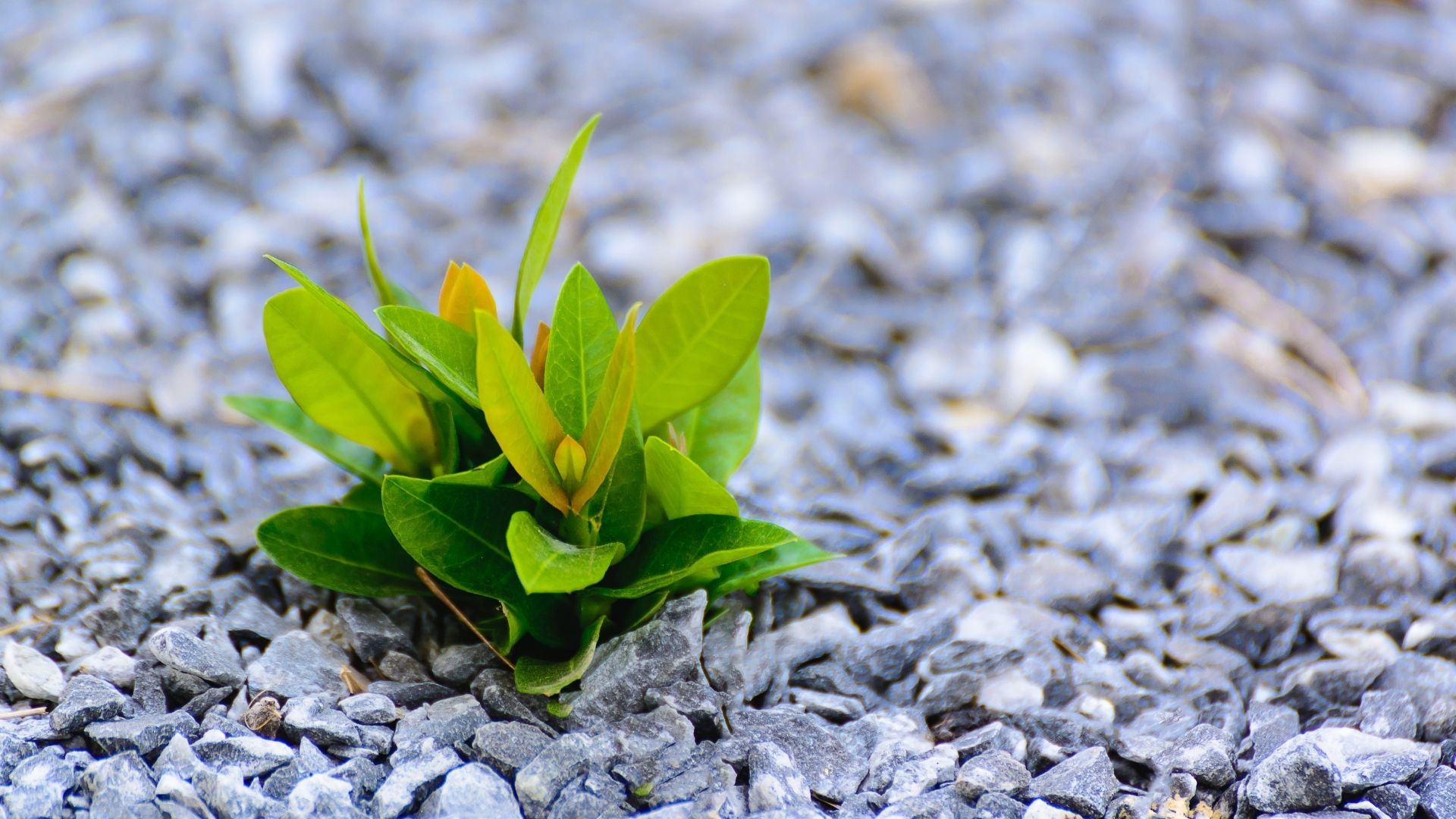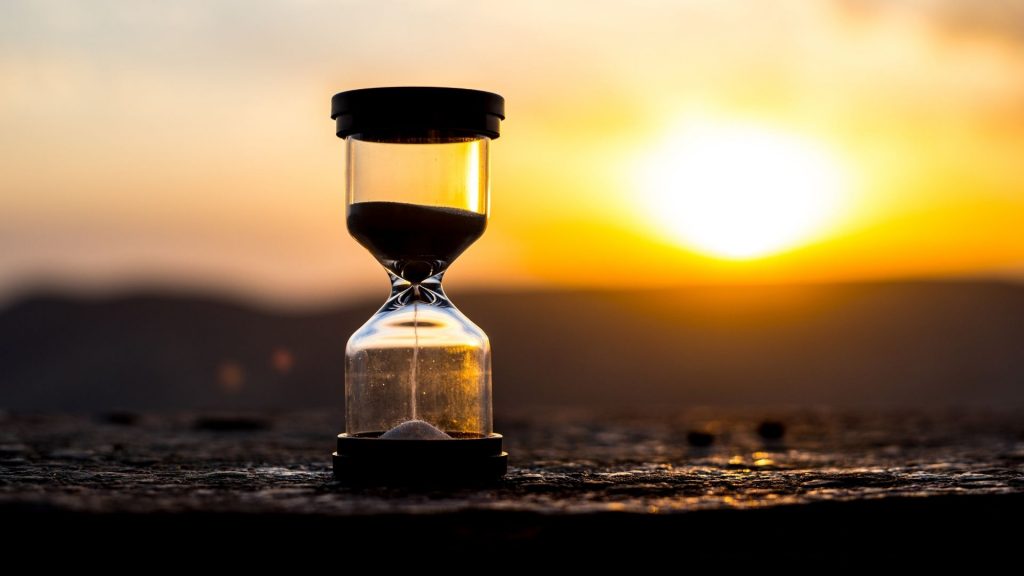Our mental health and our tolerance for uncertainty in the pandemic

We live our lives day by day without reflecting about our body and our health. We may eat healthily and exercise regularly to maintain a healthy lifestyle. For some people, they may be so preoccupied with their work or family obligations and neglecting to maintain a healthy routine for their physical health. No matter how we live our lives in the past, we seldom reflect on our existence and the possibility of our lives coming to an end. As the pandemic started globally in 2020, many people started to realise there was a threat to their lives. They started to reflect on the issue of mortality and their existential meaning. For many people, facing the uncertainty of ones’ lives and ones’ future is fearful and anxiety-provoking.
In the pandemic, it is uncertain that whether we would be infected of Covid and whether we would die due to the infection. After vaccination, the uncertainty of death due to infection of Covid reduced. As some people worried about being sent to quarantine camp if being infected Covid in recent few months, some of them expressed that they would rather be infected Covid sooner and not being sent to quarantine camp as there are not enough available vacancy. The certainty of already having Covid and would not be sent to the quarantine camp is preferred than facing the uncertainty of whether one would be infected and sent to the camp in the future. However, for people with chronic physical illnesses or for people in certain age group, the uncertainty of death due to infection is still high. As a result, many people still face high level of anxiety in relation to the uncertainty they are facing.
According to the UK psychologist, Joel Vos, people have different needs on certainty in different aspects of their lives. For instance, some people may want high level of certainty about the risk of infection of Covid, mortality and treatment options. Some other people may be able to tolerate more uncertainties in these aspects. In fact, according to Vos, when there is a big gap between one’s need for certainty and the actual certainty level one has, the mental health of this person may be affected. The higher the unfulfilled need for certainty for the individual, the higher level of stress, anxiety and depressive mood one may suffer. That is, the better one could tolerate uncertainty, the better the mental health of this person.
Why there is a difference between people in their level of tolerance of uncertainty? One of the reasons could be related to one’s previous experience with uncertainty. If the person had faced enormous uncertainty in one’s life before, he or she may feel less stressed for the uncertainty one is facing currently in the pandemic. Another reason for having a higher level of tolerance for uncertainty may be the meaning of life one is experiencing in one’s life. If a person feels one’s life is meaningful and is engaging in meaningful activities, his or her tolerance for uncertainty may be higher.
Our health-related threats, financial stability, and other aspects of our lives may still be uncertain in the face of the pandemic. It is importance for us to learn how to embrace the uncertainty. We need to embrace any emotions related to these uncertainties with a mindset of acceptance and nonjudgment. While we are learning to accept more uncertainties in our lives, we may also find meaning in our lives by exploring more options in what we do in this difficult times. We may start to engage in more meaningful activities, such as art creation, social connections with others, or deep inner reflection. Even though we all face enormous uncertainty in this difficult time, we are also becoming stronger as our tolerance for uncertainty would be enhanced gradually. Let us try our best to take care of our mental health.



